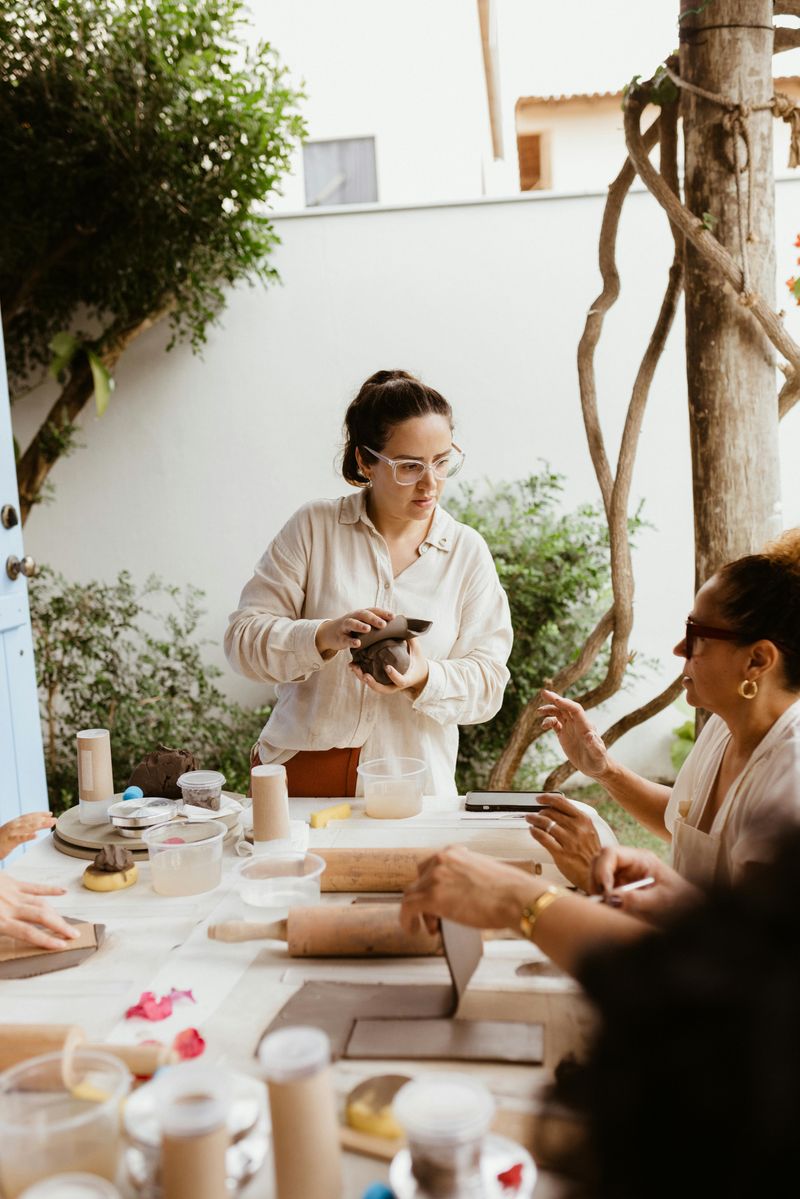8 Daily Habits to Become the Best Version of Yourself

We all want to be better tomorrow than we are today. Becoming your best self isn’t about dramatic changes or impossible standards—it’s about small, consistent actions that compound over time. The journey to self-improvement happens through daily choices that gradually transform who you are. These eight habits can help you unlock your potential and create lasting positive change in your life.
1. Start Your Day With Intention

The first fifteen minutes after waking set the tone for your entire day. Instead of immediately grabbing your phone, take time to breathe deeply and set positive intentions. Think about what you want to accomplish and how you want to feel.
Many successful people swear by morning rituals that include gratitude, visualization, or brief meditation. These practices activate your brain’s prefrontal cortex—the command center for focus and decision-making.
When you begin each day with purpose rather than reaction, you take control of your life’s direction instead of letting circumstances control you.
2. Move Your Body Daily

Your body craves movement. Regular physical activity isn’t just about looking good—it’s about feeling energized, reducing stress, and boosting brain function. Find movement you actually enjoy, whether that’s walking, dancing, swimming, or playing with your kids.
Research shows even 20 minutes of exercise can improve your mood for hours afterward. Physical activity releases endorphins that create natural feelings of happiness and even reduce pain.
Consistency matters more than intensity. A daily walk can be more beneficial than an occasional intense workout that leaves you too sore to move the next day.
3. Fuel Your Body With Real Food

Food is information for your cells. Eating mostly whole foods—things that grew in the ground or had a mother—gives your body the nutrients it needs to function at its best. Colorful vegetables, lean proteins, healthy fats, and plenty of water create the foundation for clear thinking and steady energy.
Notice how different foods make you feel. That afternoon crash might be connected to what you ate for lunch. Small changes like adding a vegetable to each meal can make a big difference over time.
Preparing simple meals at home puts you in control of what goes into your body and creates a meaningful connection with your food.
4. Practice Mindful Technology Use

“We check our phones 96 times a day on average—that’s once every 10 minutes!” Being constantly connected fragments your attention and increases anxiety. Create boundaries around when and how you use devices.
Try designating tech-free zones (like your bedroom) or tech-free times (the first hour after waking or during meals). Use apps that track and limit your screen time if needed. When you do use technology, do it with purpose rather than mindless scrolling.
The reward? Deeper connections with people around you, improved focus, and the mental space to think your own thoughts rather than consuming others’.
5. Nurture Meaningful Relationships

Humans are wired for connection. The quality of your relationships directly impacts your health, happiness, and even how long you’ll live. Make time daily to truly connect with someone you care about—whether through a phone call, thoughtful text, or face-to-face conversation.
Ask questions that go beyond small talk. “What made you smile today?” opens more meaningful dialogue than “How are you?” Listen fully without planning your response while the other person is speaking.
Remember that relationships need regular deposits of positive interaction. Small gestures of appreciation build stronger bonds than grand occasional gestures.
6. Learn Something New Every Day

Curiosity keeps your brain young. Reading books, listening to podcasts, taking classes, or simply asking questions stimulates neural pathways and prevents mental stagnation. The world’s most successful people are lifelong learners who stay humble enough to know they don’t know everything.
Challenge yourself to learn one new thing daily—it could be a vocabulary word, historical fact, or skill. Share what you learn with someone else to reinforce your understanding.
Growth happens outside your comfort zone. When you embrace being a beginner at something new, you develop resilience and problem-solving abilities that transfer to all areas of life.
7. Practice Daily Reflection

The unexamined life can’t improve. Taking just five minutes at day’s end to reflect on what went well, what challenged you, and what you learned creates self-awareness that fuels growth. Journaling makes this process even more powerful by externalizing your thoughts.
Ask yourself: “What gave me energy today? What drained me? What would make tomorrow better?” These simple questions reveal patterns over time that help you make better choices.
Reflection isn’t about judgment—it’s about honest observation. Celebrate wins, however small, and view setbacks as valuable information rather than failures.
8. Express Gratitude Consistently
Gratitude transforms ordinary moments into extraordinary ones. Your brain can’t focus on what’s going right and what’s going wrong simultaneously—gratitude shifts your attention to the positive. Each day, identify three specific things you’re thankful for, especially small joys you might otherwise overlook.
Write thank-you notes, verbally acknowledge others’ contributions, or simply pause to appreciate a beautiful sunset. These acts rewire your neural pathways toward optimism.
Studies show grateful people experience better sleep, less pain, stronger relationships, and greater resilience during difficult times—all from this simple daily practice that costs nothing but attention.

Comments
Loading…